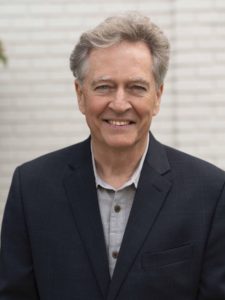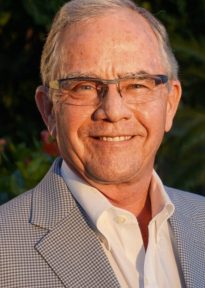
Podcast: Play in new window | Download
Today, I’m thrilled to repost the conversation with Ken Cook, President and Co-Founder of the Environmental Working Group, a powerhouse built to protect human health and the planet. For over 30 years, he’s been a leading voice challenging industrial agriculture, flawed U.S. food policies, and the toxic threats facing families—especially women and kids. From pushing the 1996 Food Quality Protection Act to shield children from pesticides to creating tools like the Skin Deep Database and Dirty Dozen list, Ken’s work empowers moms with science to make safer choices.
His latest venture is a podcast entitled Ken Cook Is Having Another Episode where he digs into endocrine disruptors and environmental health, issues hitting close to home for every parent.
I hope that you enjoy my conversation with Ken Cook!
Dr. M



















